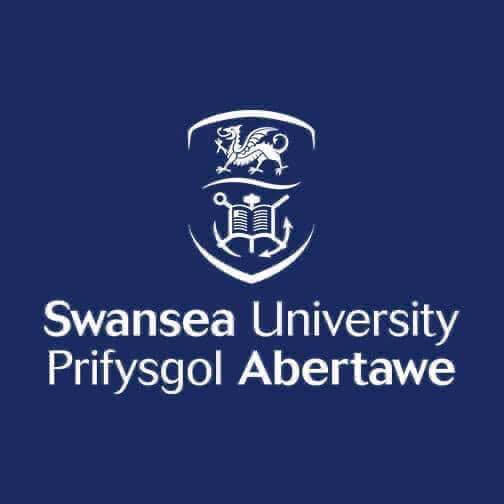fees waived
Mathematics, BSc (Hons)
Swansea University, United Kingdom
Ranking in UK
Mathematics
Mathematics
Mathematics
Costs
food & rent S$17.1K / year
Entry requirements
Scholarships
Limited quantity
Limited quantity
Limited quantity
Information
Code
Code
Intakes
Website (External)
Programmes
Information
Duration
2028
Mathematics stands as the most universal discipline, serving as a global language with ancient roots and essential relevance in today's data-centric world. At Swansea University's three-year BSc Mathematics programme, students benefit from state-of-the-art facilities in the £32.5m Computational Foundry, fostering skills for rewarding careers. Graduates often earn 50% more than average, with sought-after roles in actuarial work, finance, IT, and business, where analytical prowess in data processing and logical reasoning is highly valued. The curriculum spans pure mathematics, applied mathematics, and finance, covering topics like number theory, financial models, and advanced areas such as probability and differential equations, while honing communication and critical thinking skills. Options include a four-year variant with industry placement or study abroad.The programme's modules progress from foundational topics in Year 1, such as calculus and statistics, to advanced subjects in Year 2 like game theory and real analysis, and Year 3 specialisations including financial mathematics and a research project. Assessment combines exams, assignments, presentations, and a dissertation, emphasising independent learning and practical application.
In Year 1, you will typically study areas including: applied statistics; classical mechanics (of particles); computational methods (with Matlab); geometry; introductory analysis; introductory linear algebra; methods of algebra and calculus. In Year 2, you will typically study areas including: advanced geometry; classical mechanics (of rigid bodies); game theory and optimization; groups and rings; numerical methods (with Matlab); probability; real analysis and metric spaces; vector calculus and measure theory; further methods of algebra and calculus. In Year 3, you will typically study areas including: analytical dynamics; applied algebra: coding theory; biomathematics; complex variables; differential geometry; financial mathematics; stochastic processes; partial differential equations; teaching mathematics via a school placement. You will also undertake a project.
A local representative of Swansea University in Singapore is available online to assist you with enquiries about this course.

